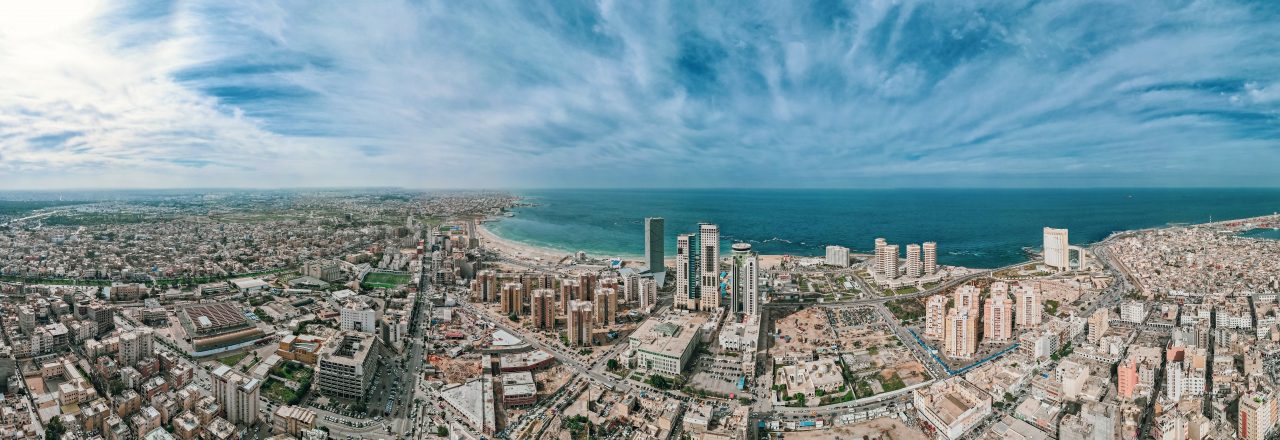

Abstract
Libya’s post-conflict transition is an extremely complex and sensitive issue. Recently, positive developments and prospects of future reunification and stability have opened the way for reflection and plans for the country’s post-conflict reconstruction. On the way to the reconstruction, economic reconstruction is a fundamental task awaiting Libya after years of conflict that have shattered the economy and the infrastructure. Such process offers Libya an opportunity to build a new and more sustainable economy and to break-away from the risk-prone hydrocarbon dependent model.
This Policy Brief provides an overview of Libya’s political economy. It explains how Libya’s dependence on oil has contributed to an exacerbation of the conflicto and highlights the challenges and opportunities offered by policies centre don renewables and digitalisation. It provides recommendations to Libyan policy-makers on how to manage this transitional process and to the international community on the suitable way to support Libya in this effort.


